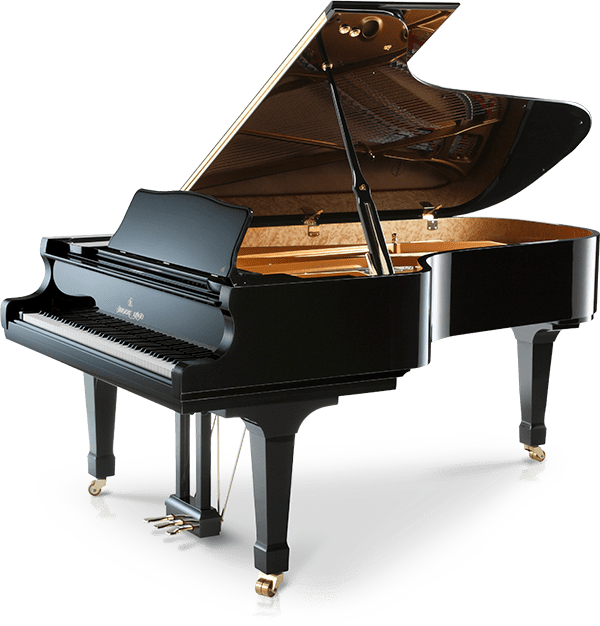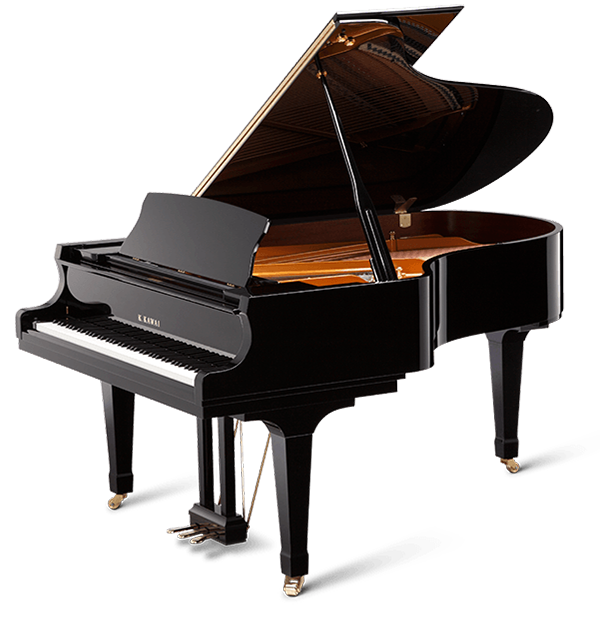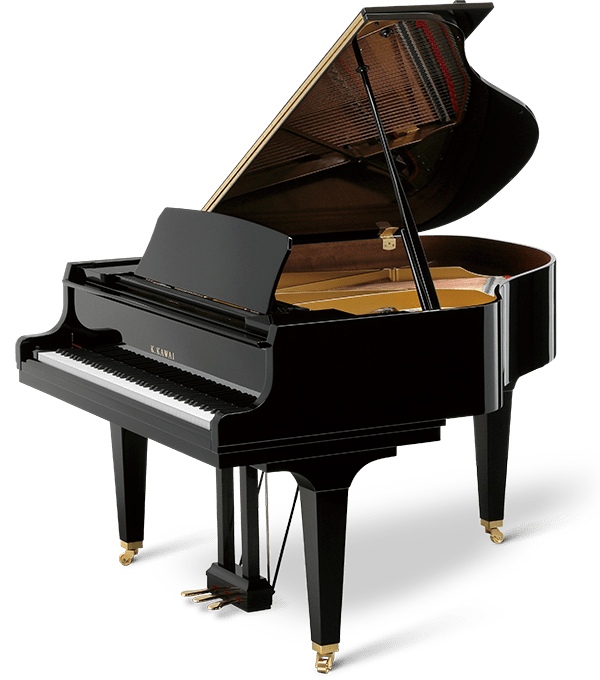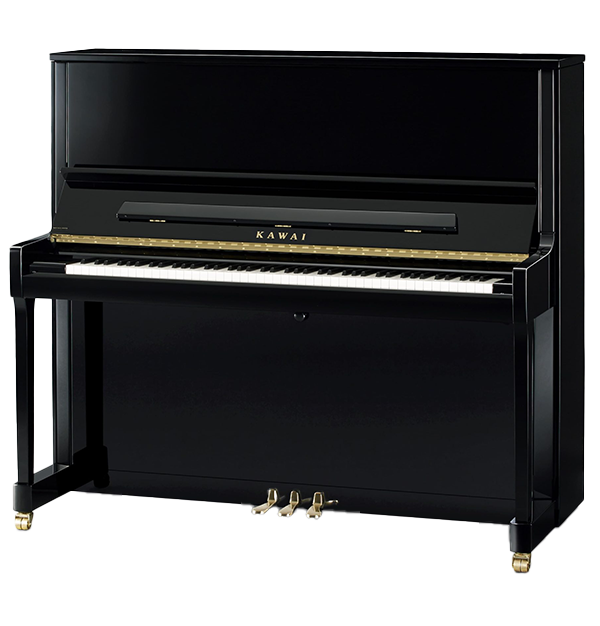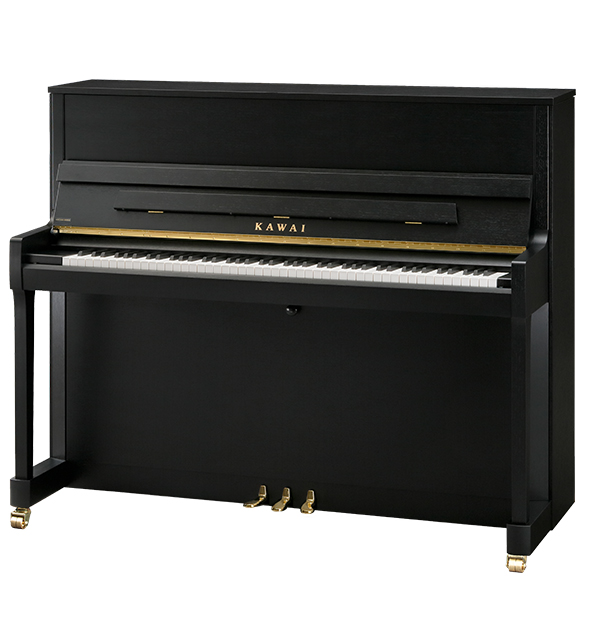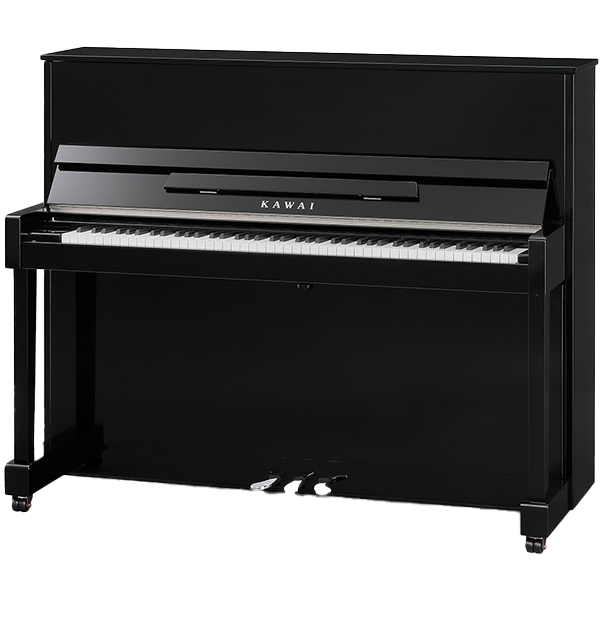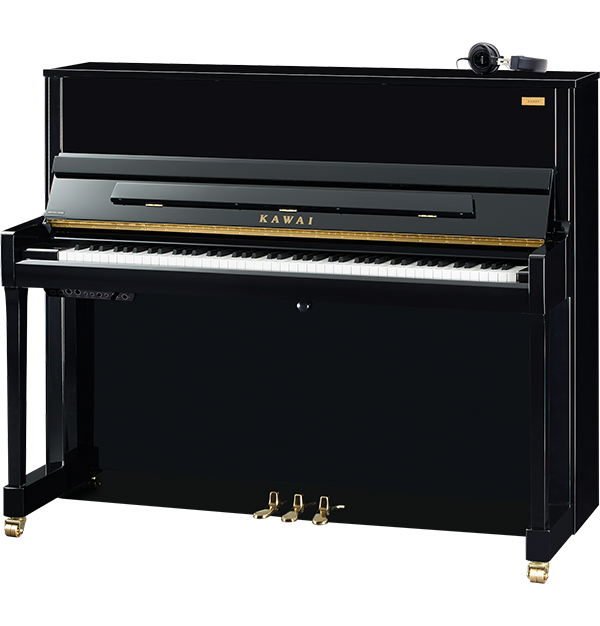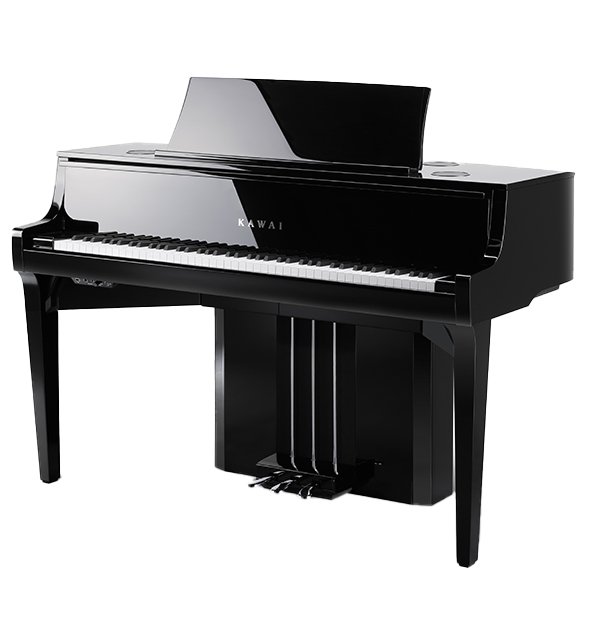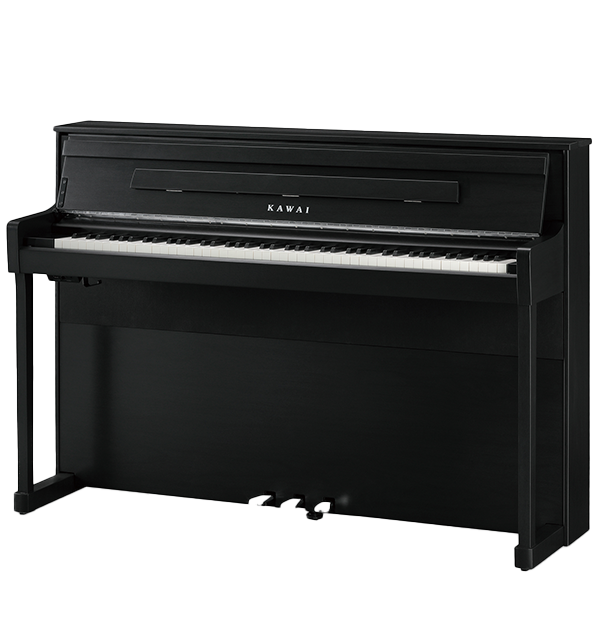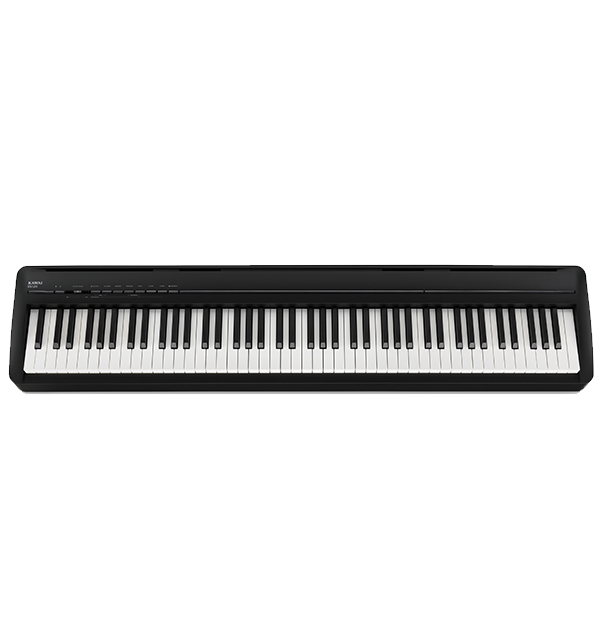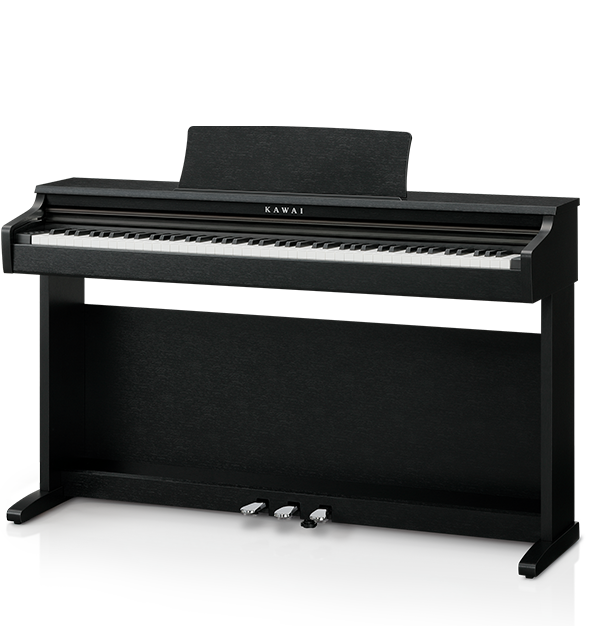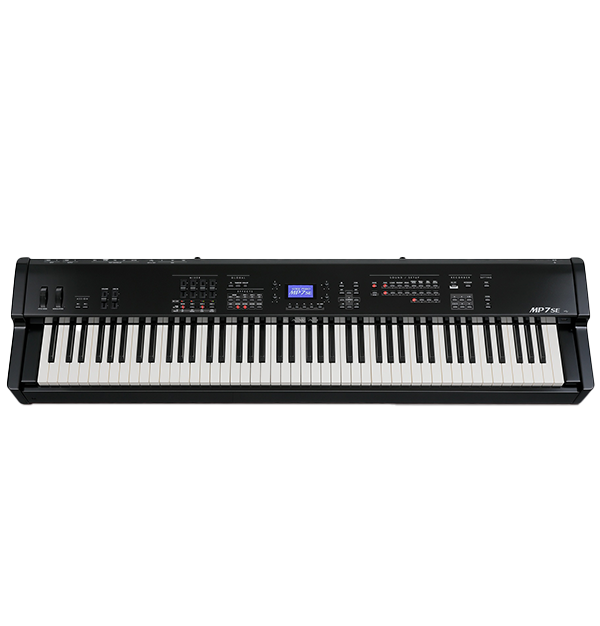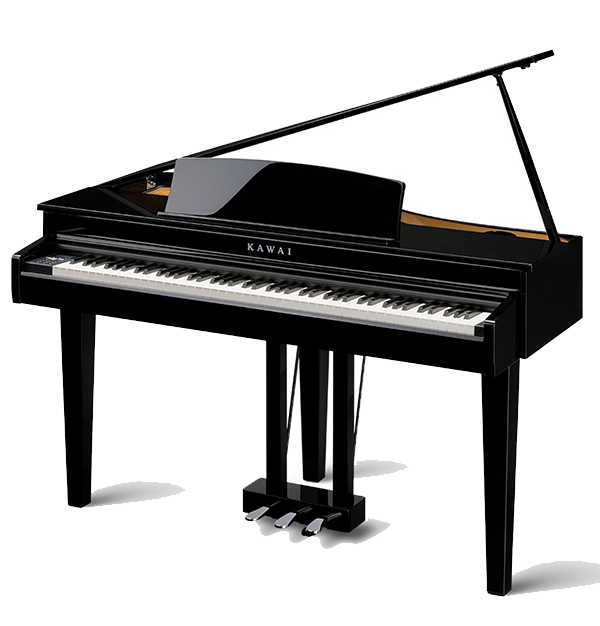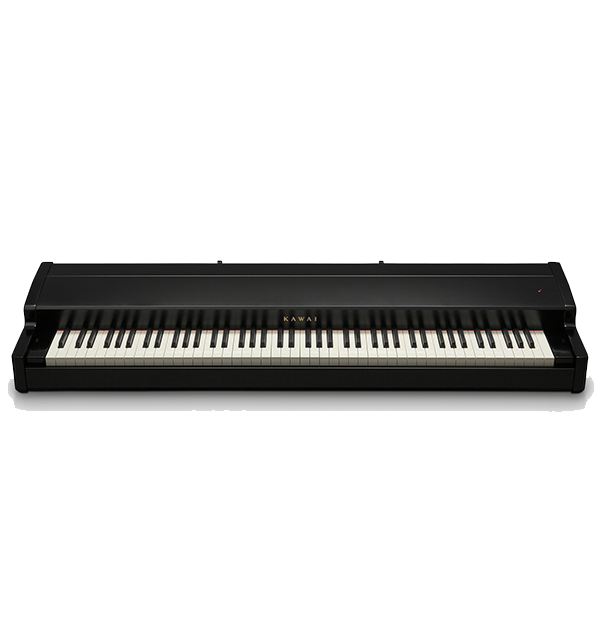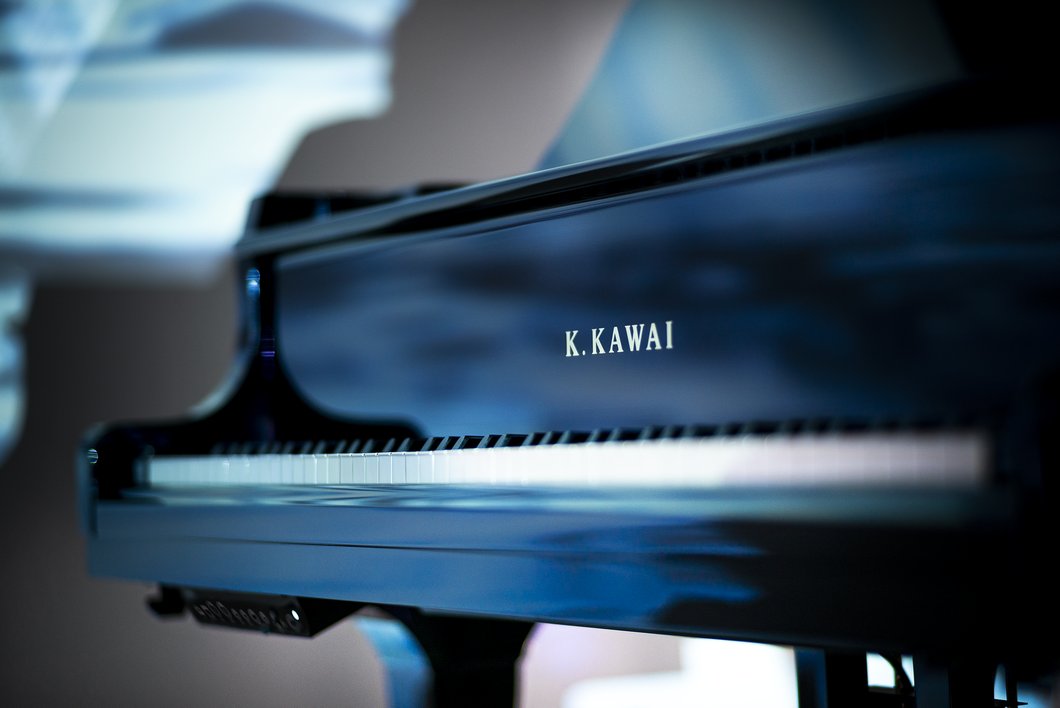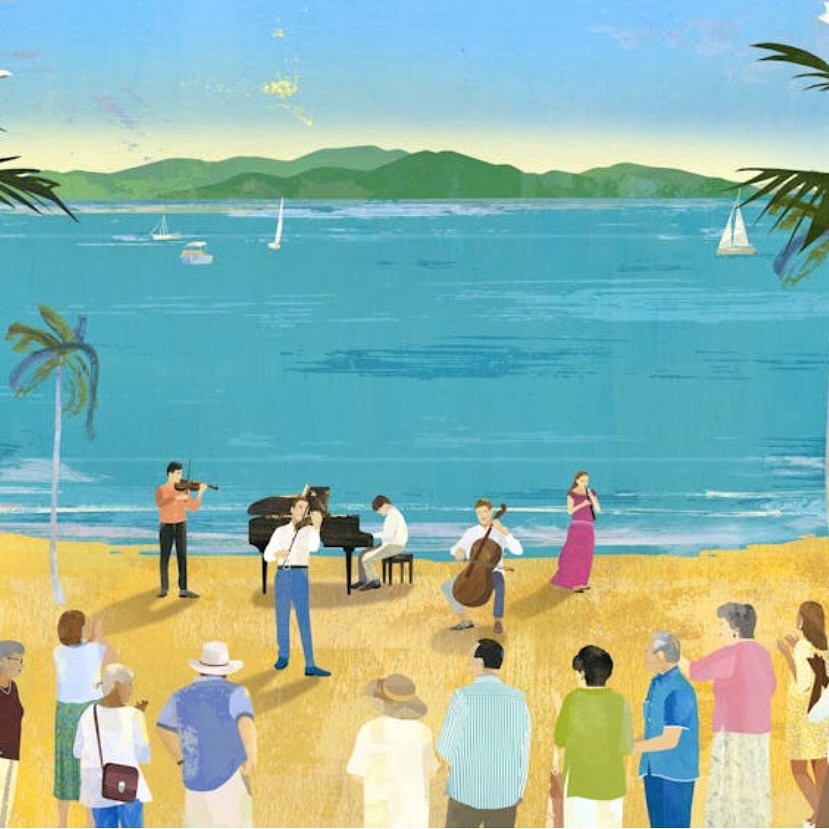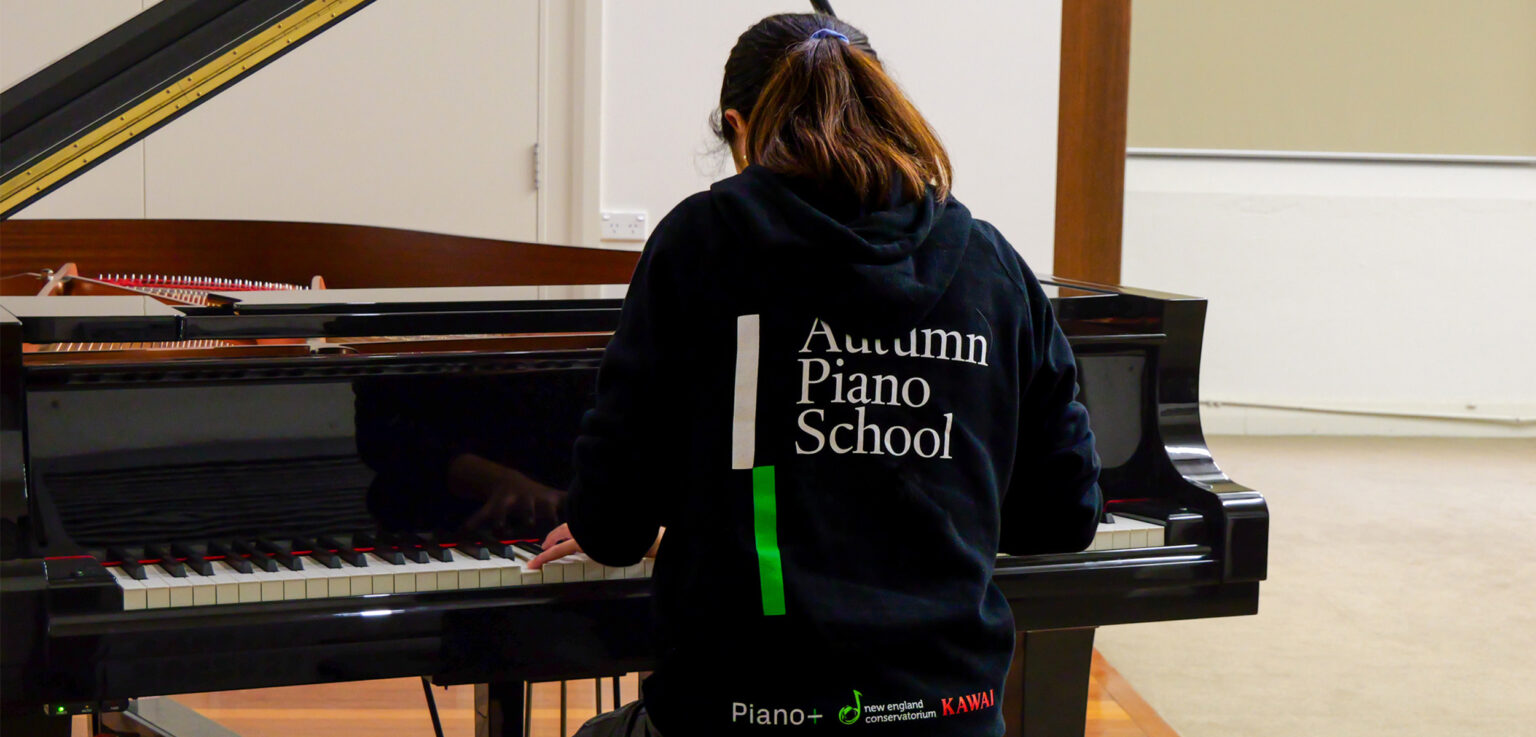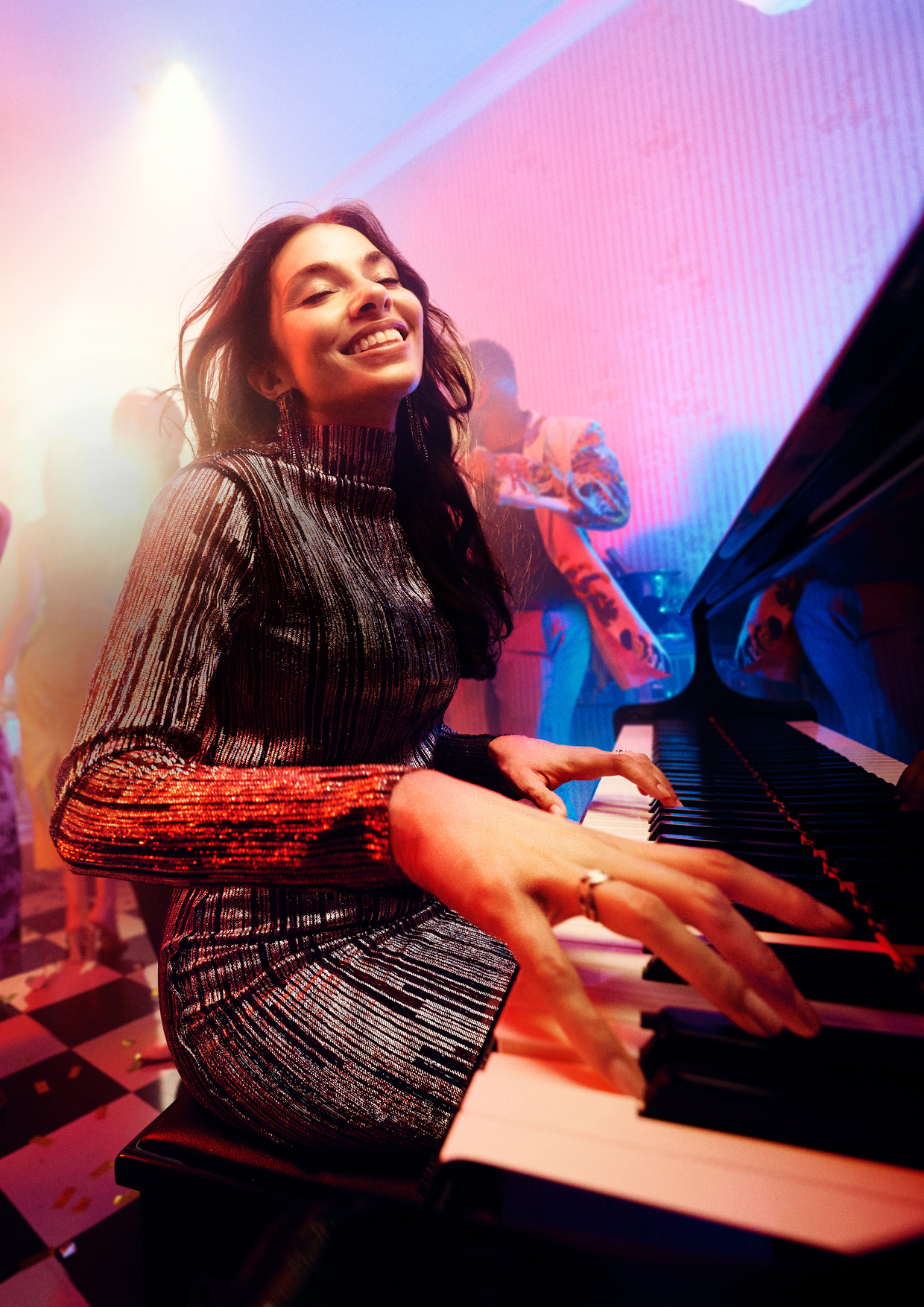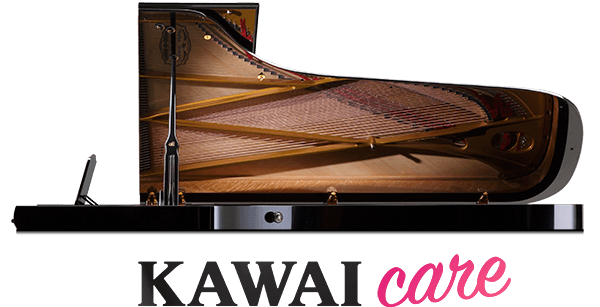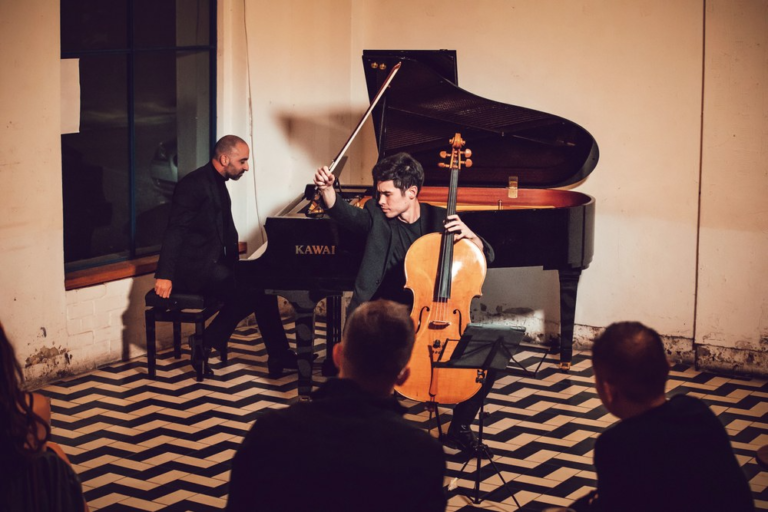
Vatche Jambazian is a well-established Sydney-based concert pianist and Juilliard Masters graduate. In this interview, Vatche Jambazian talks about his performance experiences and how the future of music and music practices are likely to change. Resident pianist of the Omega Ensemble, Vatche is well-versed in the ‘classics’ as well as cutting-edge performances of contemporary works.
Can you tell us more about your musical background?
I Began piano lessons with Edwin Alamshah (former student of Michelangeli) for my entire childhood right up to undergraduate studies at the Sydney Conservatorium of music where I studied with Daniel Herscovitch and Natalia Sheludiakova. Completed my Masters of Music in Piano at Juilliard with Jerome Lowenthal and Joseph Kalichstein
Was music a big part of your life growing up?
Absolutely, It’s difficult to pin point an exact moment which triggered my interest in music. I didn’t grow up in a musical family however being of Armenian descent, music was a big part of the culture. I remember having to go to Orthodox Church on holidays such as Easter or Christmas and being quite moved by the mystical nature of the chants but not really caring for what any of it meant in the church but rather intrigued why I felt a certain way. I do recall being fascinated by sounds, whether it was trees rustling, birds singing, creating noises with objects I found or hearing funny noises in public. This was all and is still a matter of curiosity for me, one which to this day I think I haven’t figured out yet. So in a sense music was and still is a huge part of my formative years.
When you were teenager, did you ever lose interest in the piano? Did you develop other interests? What kept you motivated?
I don’t think motivation was ever an issue for me. You can ask my school teachers but I used to spend lunchtimes and any breaks I had going to the music room and learning new repertoire I had never heard before because my school had mini scores of all the major piano concertos and sonatas and other works which I didn’t really have access to back then. I was also really a keen basketball player and I think I channeled that competitive attitude into my piano work ethic, of course in the healthiest way possible.
Is it important as a musician to have a particular niche or be versatile?
This is quite a difficult question to answer as everyone’s path can be quite different. One thing is for sure, in recent times I think you need to have a healthy mix of both. having your niche and being versatile. In my undergraduate years I spent a lot of my time not just practicing solo piano, but working with many different musicians whether it was Lieder, Chamber Music , playing in modern music ensembles and experimental music, anything I could do to find a way to form my own musical language and identity.
What is the most cutting edge or unusual piece you have had to perform to date?
There have been quite a lot which I don’t think I can recall all of, but one I do remember was a modern music symposium held at ABC in Ultimo where I had to spit ping pong balls out of my mouth and throw balls into the piano while having the pedals depressed to create a sort of randomised sound world which ended up being quite interesting. There were also
notated passages but these were not supposed to be played, but rather imitated half the time.
Do you often incorporate new technologies or online platforms into your performances?
I would say no ordinarily, however I realized that I now use an iPad and a foot pedal to turn pages as well as performing online recitals and live streamed concerts so I guess these are fairly new technologies which are still being incorporated into classical music performance.
What effect do you think technology will have on performing practices in the future?
I think the answer would be quite bleak, what makes performing classical music so unique and any genre of music for that matter is the fact that you can never know what will happen and this creates an atmosphere where you are given the opportunity to communicate some profound thoughts. Technology such as pianos that play back and artificial intelligence completing unfinished works to name a few scares me and should worry many artists out there. Uncertainty and the unknown in performance should be embraced more than fought against.
Is it, or why is it, important to perform the old ‘standards’ of Bach, Beethoven, Chopin, and so on?
This is a question I am asked quite frequently and my answer is always the same: just like with food, architecture, visual arts or any discipline of this nature there are always historical links, ones which not only define but help shape your interpretation. Without the prior knowledge of what came before how can you shape what comes after?
Is it, or why is it, important to perform ‘new’ classical music composed today?
This is absolutely a must for any performer. It doesn’t really matter if the music sometimes doesn’t agree with you or vice versa but this is a crucial element to further developing your understanding of the compositional process. Considering that most the new compositions you perform, the composers are still alive and you have the opportunity to actually collaborate and discuss musical ideas. Imagine you could sit down with Beethoven and discuss his use of articulations and what the difference of a staccato and a wedge means to him and what I can do with it.
Have you ever ventured into jazz? Do you think people stick to either jazz or classical?
Of course we all dabble with jazz, I am still in the learning process of familiarising myself with the language of Jazz but there are most certainly people out there that hate jazz but love classical and vice versa.
What is the single best bit of advice a teacher gave you in your formative years?
Honestly, I don’t think I have had a “single” piece of advice which has been better than any other advice. The best advice has usually come from someone outside the music industry. Advice from musicians and teachers can sometimes be jaded as their experiences may have been quite negative in their formative years. Look for ways that you can give advice to yourself through educating yourself outside of the musical discipline.
What are some projects you have on this year that you are excited about?
There are many! Winterreise with David Greco at the Orange Chamber Music Festival on March 11, performing the premiere of Caroline Shaw’s new Harpsichord Concerto alongside Gorecki’s Harpsichord Concerto with the Omega Ensemble April 14-29 as well as a recital of Schubert’s Wanderer Fantasie, Rachmaninoff Corelli Variations and a composition of my own which is a fantasie Based on C.P.E Bach’s fantasia in F# sharp minor, later this year.
Interview conducted by Andrew Rumsey. Edited by Hugh Raine. 